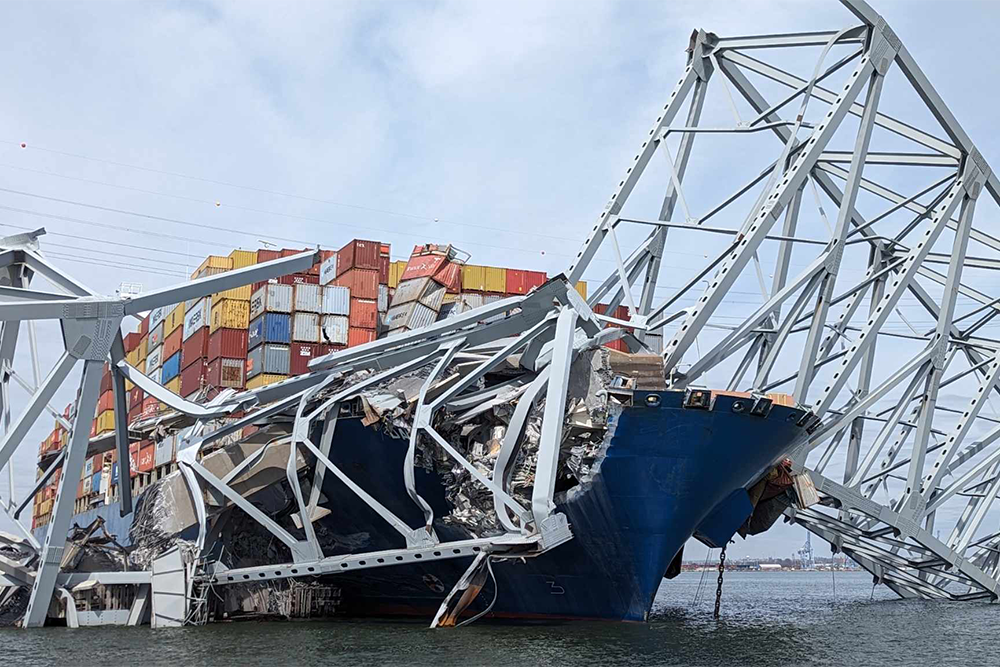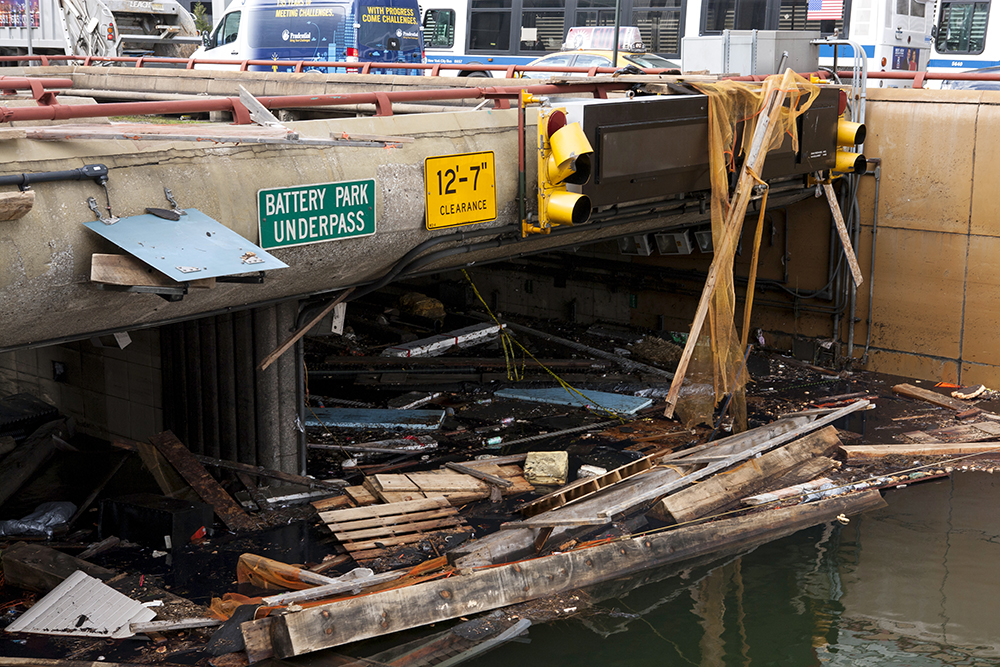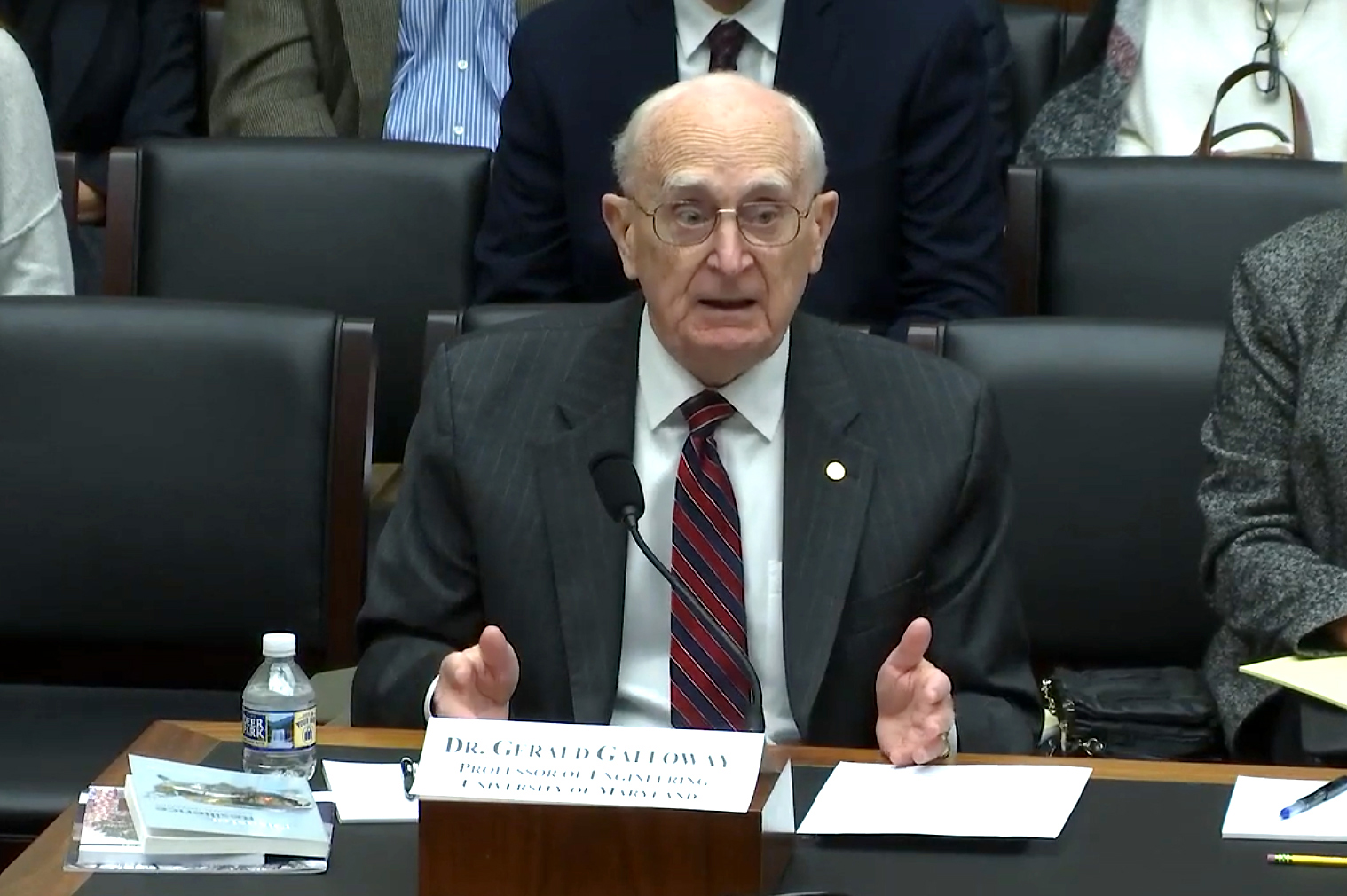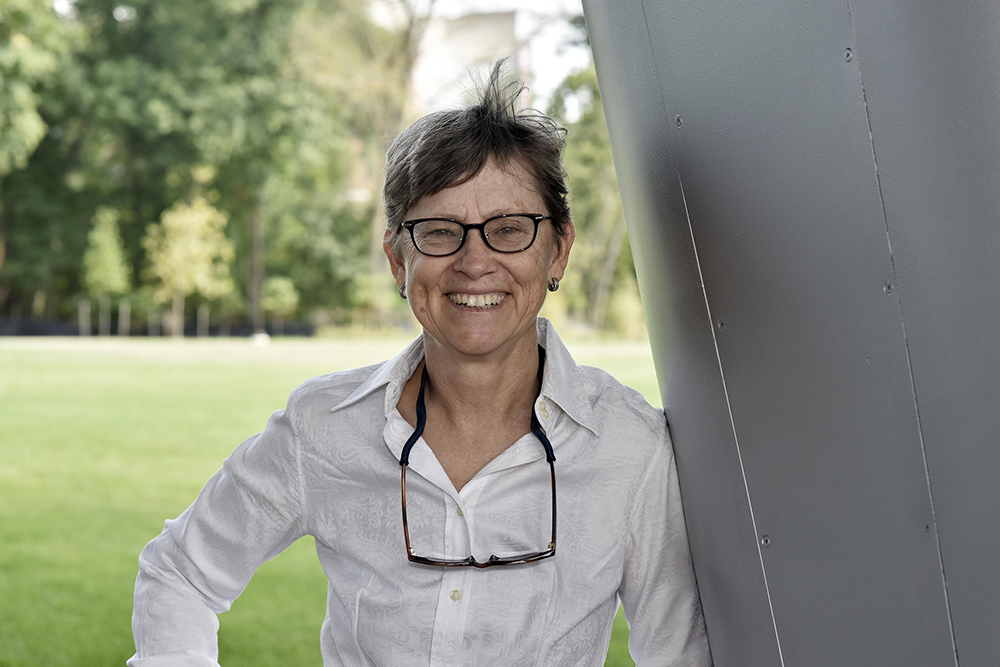News Story
UMD’s Ayyub Leads Use of Climate Information for Infrastructure Adaptation

Professor Bilal Ayyub, University of Maryland.
Bilal Ayyub, professor of civil and environmental engineering (CEE) at the University of Maryland (UMD), is a project leader for a federally funded initiative aimed at creating online climate projection methods and tools that can help decision-makers plan for future conditions.
The $960K endeavor, “Piloting NOAA Climate Projection Services,” is sponsored by the National Oceanic and Atmospheric Administration (NOAA), with funds provided through the 2021 Bipartisan Infrastructure Law, formally known as the Infrastructure Investment and Jobs Act.
According to a NOAA press release, the project “aims to provide climate information for the 30 to 50-year timeframe, addressing risks like heavy precipitation, temperature extremes, drought, and coastal flooding. It will use NOAA’s existing resources and new cloud-based platforms to disseminate climate projections to users.”
One of the major challenges facing planners is the non-stationarity of climate-related hazards, Ayyub said, Non-stationarity refers to a situation in which statistical properties fluctuate over time, making it difficult to extrapolate future trends from existing data.
“The past, which the data are sourced from, no longer predicts the future, where infrastructure, existing and new, is expected to function and perform,” Ayyub said. “Engineering practices such as building codes have relied on data from the past, and they now require transformational changes in their development to be forward-looking instead.”
Ayyub is director of the Center for Technology and Systems Management, a CEE-based research hub that has joined in a partnership with NOAA to advance adaptive design and resilience. In November 2021, Ayyub moderated a NOAA session, “Building Better Together: Partnerships to Advance Climate Resilience," at the UN Climate Change Conference (COP26) in Glasgow, in coordination with the U.S. Department of State.
In 2022, Ayyub co-founded the ASCE-NOAA Task Force for Climate Resilience in Engineering Practice, which he currently co-chairs. Most recently, the task force produced a report on infrastructure climate hazards. Ayyub was appointed to the NOAA Science Advisory Board, the National Academies Board on Environmental Change and Society, and the Roundtable on Macroeconomics and Climate-related Risks and Opportunities.
A leader in efforts by ASCE to promote climate-resilient engineering practices, Ayyub has edited and co-authored an ASCE Manual of Practice, Climate-Resilient Infrastructure: Adaptive Design and Risk Management, that serves as a standard reference on the topic. The book was recognized by Engineering News-Record in 2017 and received the 2019 ASCE President’s Medal. It was followed in 2022 by a second Manual of Practice, Hazard-Resilient Infrastructure: Analysis and Design.
These publications are tightly connected with Ayyub’s book Risk Analysis in Engineering and Economics, originally published in 2003 and now in its second edition. Ayyub recently joined the National Institute of Standards and Technology’s Applied Economics Office on an Intergovernmental Personnel Act assignment as a senior economist.
Published October 25, 2024








